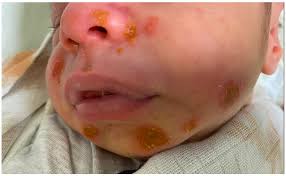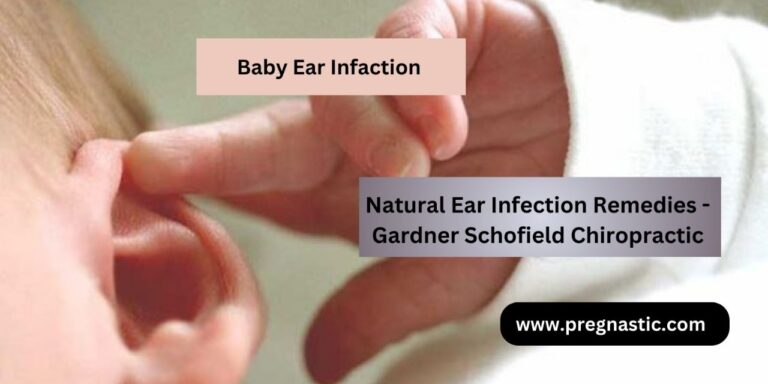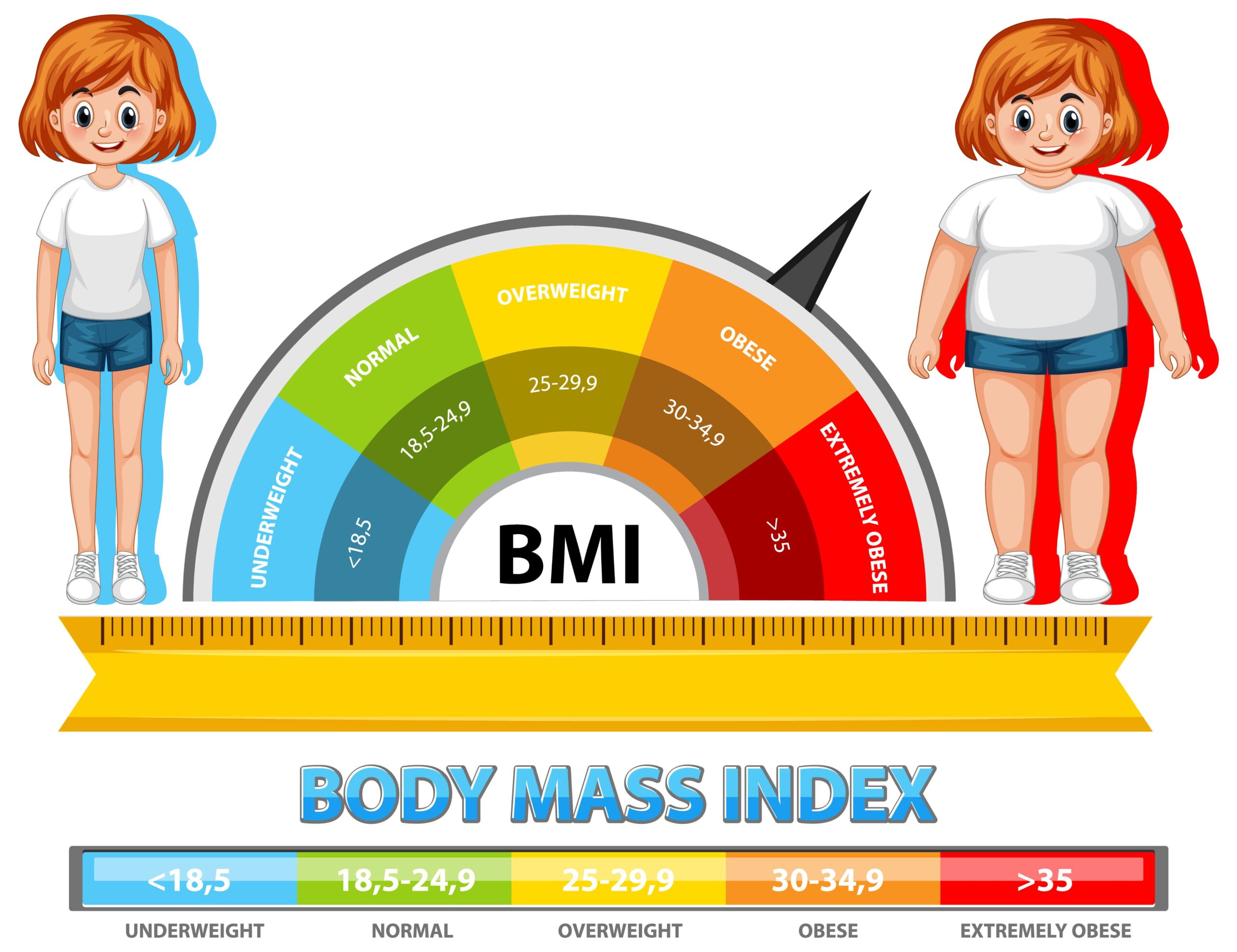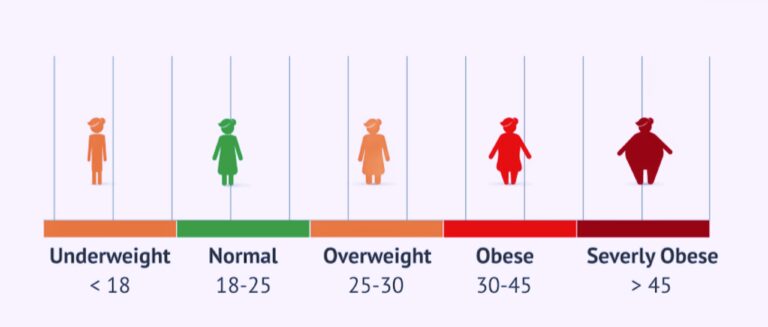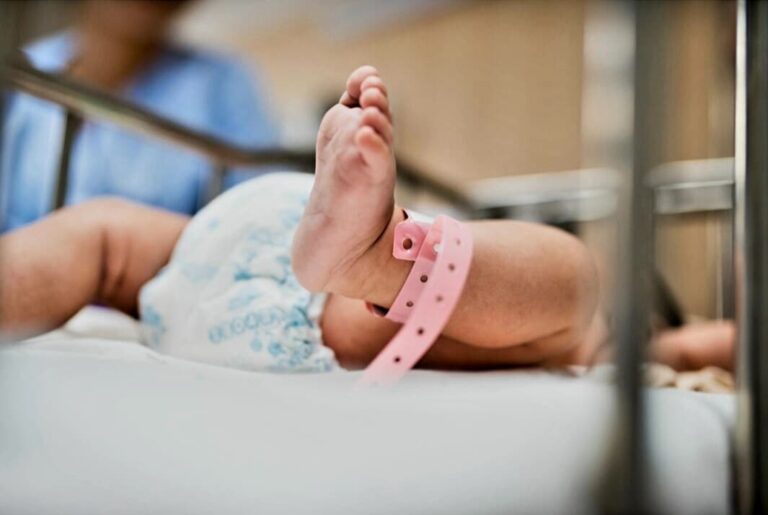Hospital-Acquired Syndrome in Babies
Hospital-acquired syndrome (HAS) in babies refers to a range of conditions and complications that can arise as a result of being hospitalized, particularly in neonatal and pediatric care settings. These issues can result from infections, adverse reactions to treatments, or complications related to the hospital environment. This article explores the concept of hospital-acquired syndrome, its causes, prevention strategies, and management.
What is Hospital-Acquired Syndrome?
Hospital-acquired syndrome encompasses a variety of conditions that infants may develop as a result of hospitalization. These can include:
Healthcare-Associated Infections: Infections that are acquired during a hospital stay, such as sepsis, pneumonia, or urinary tract infections.
Medication-Related Complications: Adverse reactions or side effects from medications administered during hospitalization.
Nosocomial Complications: Conditions that arise from medical procedures or equipment, such as ventilator-associated pneumonia or central line-associated bloodstream infections.
Environmental Issues: Conditions related to the hospital environment, including hospital-acquired stress and developmental delays.
Causes of Hospital-Acquired Syndrome
1. Healthcare-Associated Infections
Infections are a common concern in hospitalized infants and can be caused by:
Bacterial Pathogens: Common bacteria include Staphylococcus aureus, Escherichia coli, and Klebsiella species.
Viral Pathogens: Respiratory syncytial virus (RSV) and cytomegalovirus (CMV) are examples of viruses that can cause infections in hospitalized infants.
Fungal Pathogens: Candida species can lead to invasive fungal infections in vulnerable infants.
2. Medication-Related Complications
Adverse reactions or complications from medications may include:
Allergic Reactions: Rashes, anaphylaxis, or other allergic responses.
Toxicity: Drug overdose or toxicity due to incorrect dosing or drug interactions.
Withdrawal Symptoms: Infants may experience withdrawal if they were exposed to certain medications in utero.
3. Nosocomial Complications
Complications related to medical procedures or equipment can include:
Ventilator-Associated Pneumonia: Infection that develops in patients who are on mechanical ventilation.
Central Line-Associated Bloodstream Infections: Infections caused by pathogens entering the bloodstream through a central line.
4. Environmental Issues
Hospital environments can also contribute to:
Hospital-Acquired Stress: Stress from separation from parents, unfamiliar surroundings, and invasive procedures.
Developmental Delays: Extended hospitalization can impact developmental milestones due to lack of stimulation and physical activity.
Prevention Strategies
1. Infection Control
Preventing infections involves several key practices:
Hand Hygiene: Frequent and proper handwashing by healthcare staff, parents, and visitors.
Sterilization: Regular cleaning and sterilization of medical equipment and hospital environments.
Isolation Precautions: Implementing appropriate isolation measures for infected or colonized patients.
Vaccination: Ensuring healthcare workers are vaccinated against preventable diseases.
2. Medication Management
To prevent medication-related complications:
Correct Dosing: Accurate calculation and administration of medications.
Monitoring: Regular monitoring for adverse reactions and adjusting treatments as needed.
Education: Providing clear instructions and information about medications to parents and caregivers.
3. Safe Medical Practices
To minimize nosocomial complications:
Procedure Sterility: Maintaining sterility during invasive procedures.
Proper Use of Equipment: Ensuring correct and safe use of medical devices and equipment.
Monitoring: Regularly assessing and managing any complications associated with medical devices.
4. Reducing Environmental Stress
To address environmental issues:
Family-Centered Care: Encouraging parental involvement and providing emotional support to both the infant and family.
Developmental Support: Providing appropriate stimulation and physical activity to support developmental milestones.
Pain Management: Effective pain management strategies to reduce discomfort and stress.
Management of Hospital-Acquired Syndrome
1. Diagnosis and Treatment
Accurate diagnosis is essential for effective treatment:
Clinical Assessment: Thorough evaluation of symptoms and medical history to identify potential causes of hospital-acquired complications.
Diagnostic Testing: Use of laboratory tests, imaging studies, and other diagnostic tools to confirm the presence of infections or other conditions.
Treatment Plans: Developing and implementing treatment plans based on the identified condition, including medications, therapies, or surgical interventions as needed.
2. Multidisciplinary Care
Managing hospital-acquired syndrome often requires a team approach:
Neonatologists: Specialists in neonatal care who oversee the treatment of complex conditions.
Infectious Disease Specialists: Experts in diagnosing and treating infections.
Pharmacists: To manage and review medication regimens and address any issues related to drug therapy.
Physical Therapists and Developmental Specialists: To support developmental progress and address any physical challenges.
3. Family Support and Education
Providing support and education to families is crucial:
Emotional Support: Offering counseling and support services to help families cope with the stress of hospitalization.
Education: Educating parents about their infant’s condition, treatment options, and how to care for their child during and after hospitalization.
4. Follow-Up Care
Ongoing care after discharge is important for:
Monitoring Recovery: Regular follow-up appointments to monitor the infant’s recovery and address any lingering issues.
Continued Support: Providing additional resources and support services as needed to ensure a smooth transition from hospital to home.
Conclusion
Hospital-acquired syndrome in babies encompasses a range of conditions and complications that can arise during hospitalization. Preventing and managing these issues involves a comprehensive approach that includes infection control, safe medical practices, medication management, and addressing environmental stress. Early diagnosis, multidisciplinary care, and strong family support are essential for effectively managing hospital-acquired syndrome and improving outcomes for affected infants.

